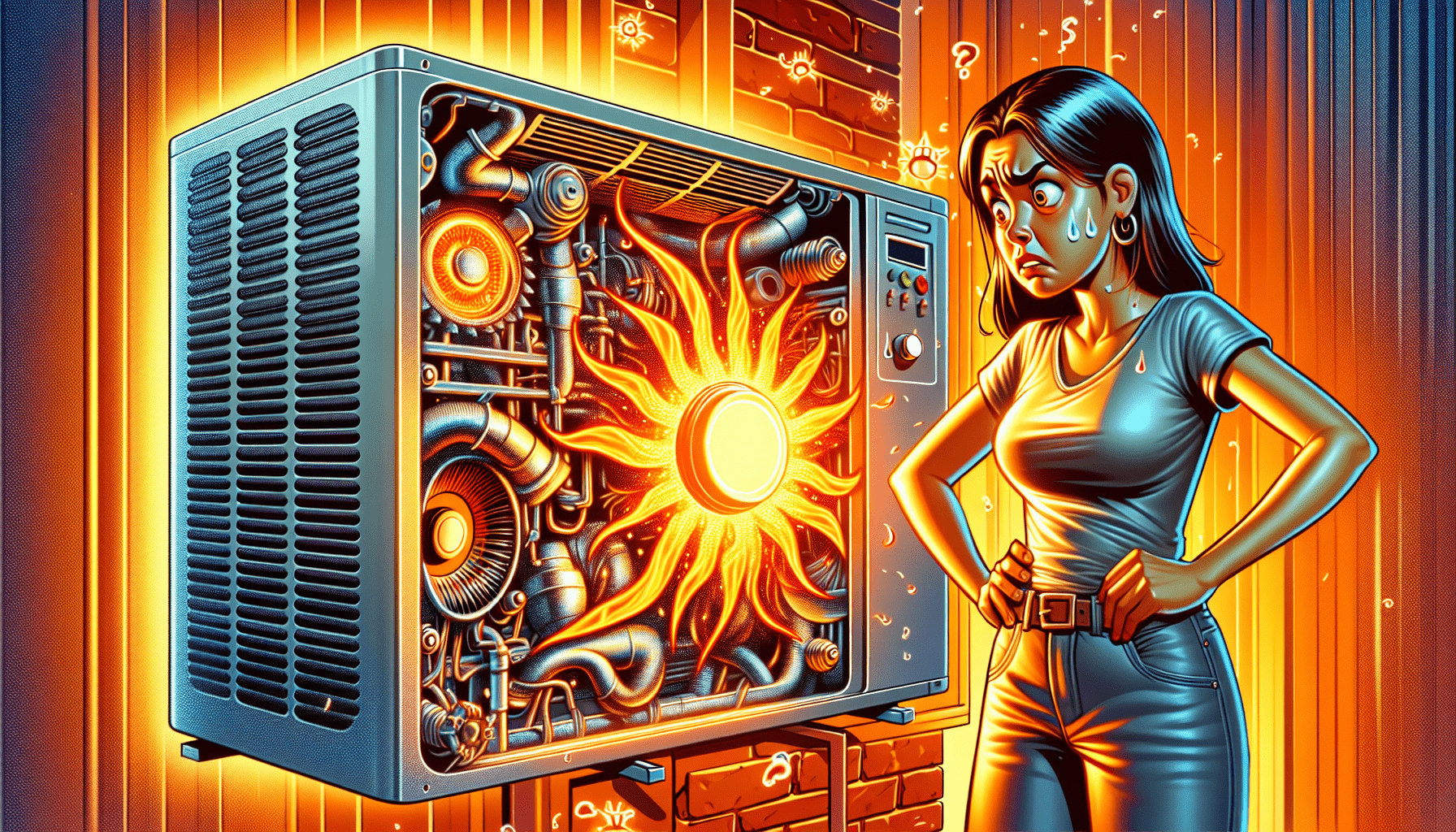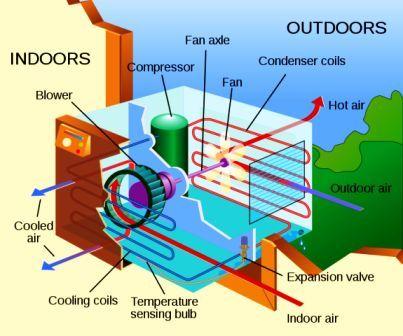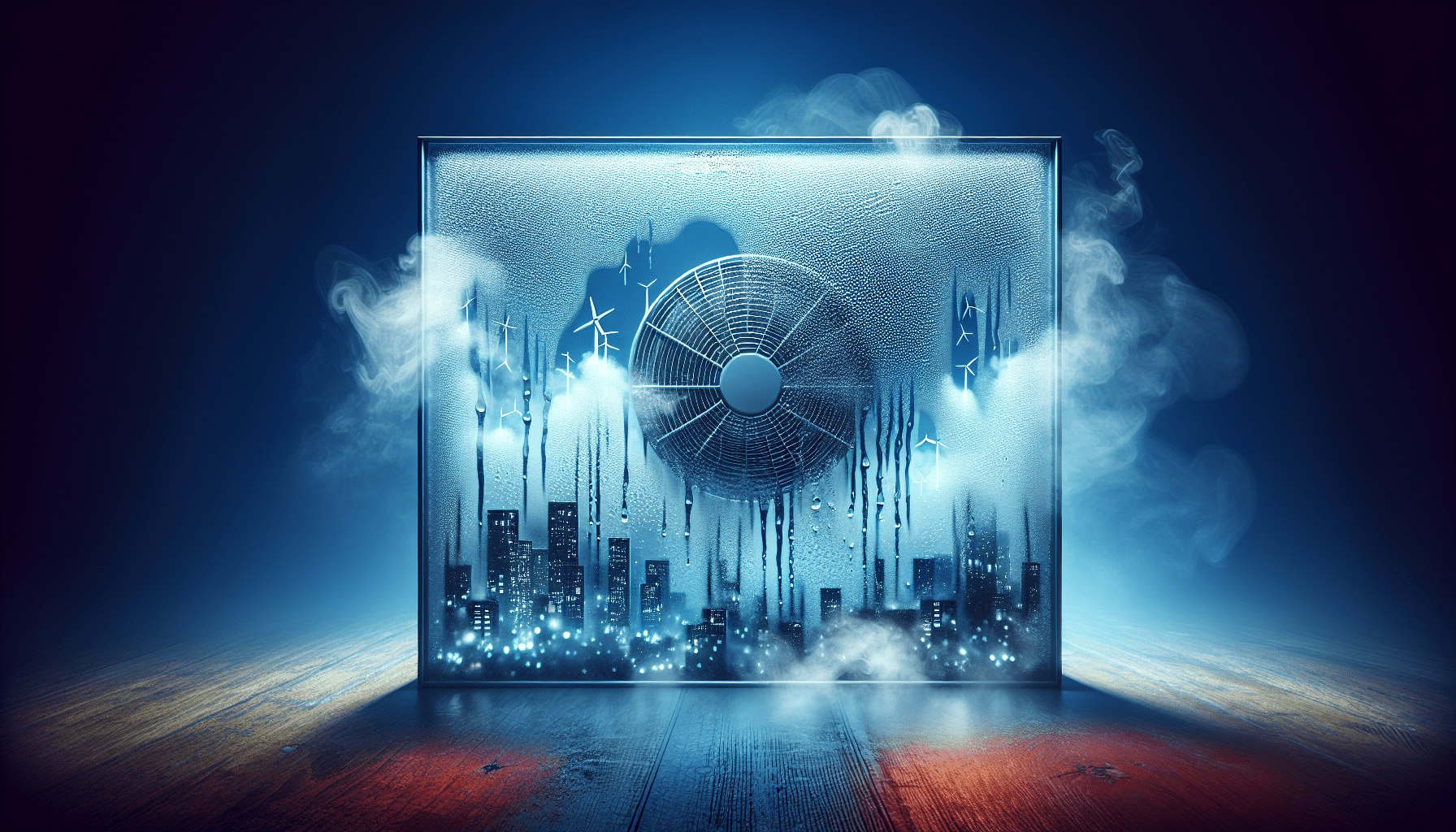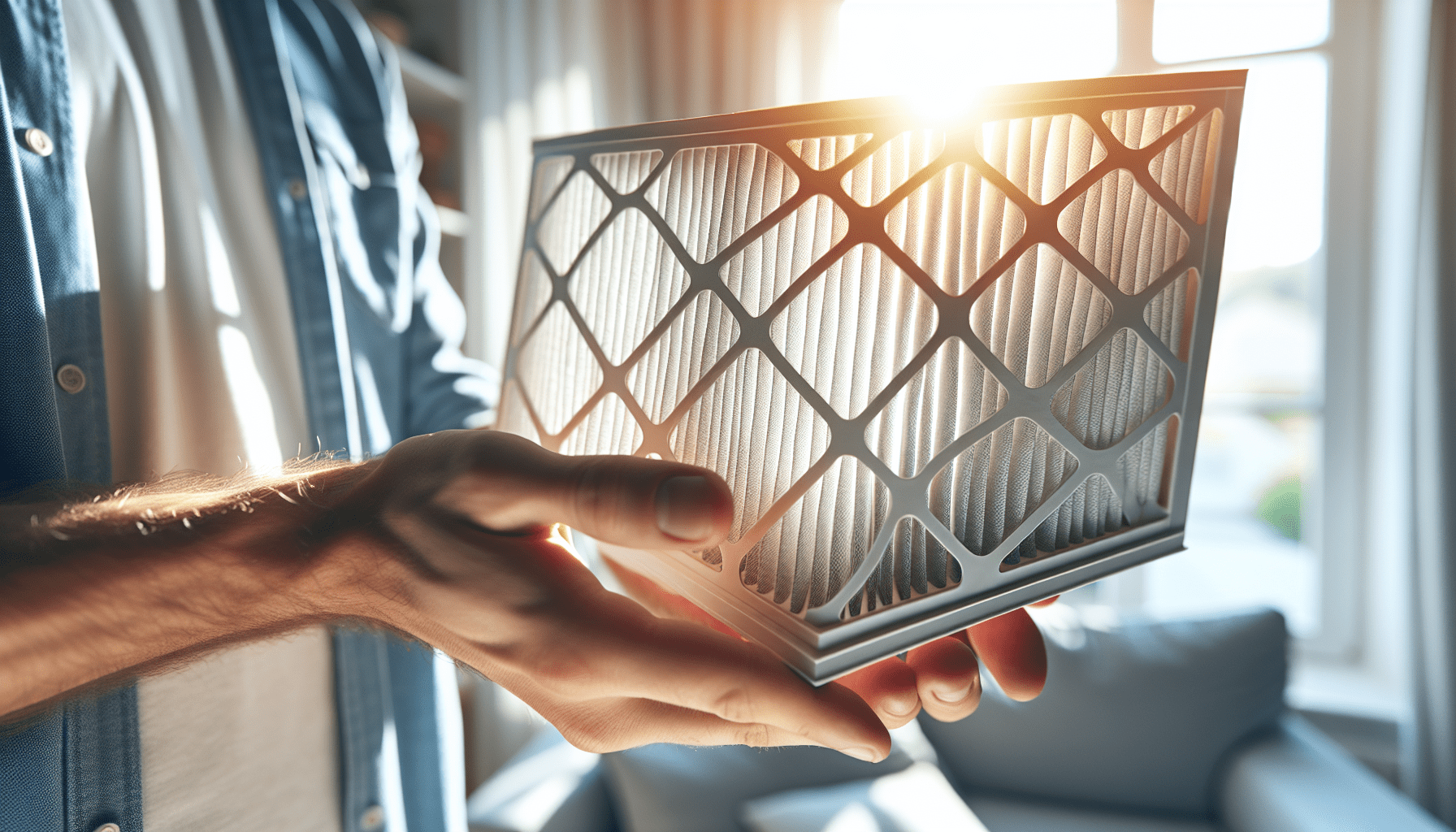Hey there! Are you experiencing a lack of cool air from your air conditioning system? Don’t worry, we’ve got you covered. In this article, we will discuss some simple troubleshooting steps you can take to address this issue and get your AC back to keeping you cool and comfortable in no time. Read on to learn what to do if your air conditioning system isn’t cooling properly. Did you notice that your air conditioning system isn’t cooling your home as it should be? Don’t sweat it! In this article, I’ll guide you through what to do if your air conditioning system isn’t cooling properly. From simple troubleshooting tips to when it’s time to call in a professional, we’ll cover it all. By the end of this article, you’ll have a better understanding of how to keep your home cool and comfortable all summer long.
Common Reasons Your Air Conditioning System Isn’t Cooling Properly
So, your air conditioner isn’t doing its job of keeping your home cool. Let’s explore some common reasons why this might be happening:
- Dirty Air Filter: A dirty air filter restricts airflow, making it harder for your air conditioner to cool your home efficiently.
- Refrigerant Leak: If your system is low on refrigerant, it won’t be able to cool your home effectively.
- Thermostat Issues: Your thermostat might not be set correctly or could be malfunctioning, resulting in improper cooling.
- Clogged Condenser Unit: If the condenser unit outside is clogged with dirt and debris, it won’t be able to release heat properly.
Checking Your Air Filter
The air filter in your HVAC system plays a crucial role in maintaining indoor air quality and ensuring proper airflow. Here’s how you can check and replace your air filter:
- Locate the air filter in your HVAC system. It’s usually found near the return air duct or within the air handler unit.
- Remove the air filter and inspect it for dirt and debris. If it looks dirty or clogged, it’s time to replace it.
- Choose a filter with the right MERV rating for your system. Higher MERV ratings provide better filtration but can restrict airflow if not compatible with your unit.
- Install the new filter following the manufacturer’s instructions.
Remember to replace your air filter every 1-3 months, depending on usage and air quality, to ensure optimal performance.
Checking for Refrigerant Leaks
Refrigerant is what allows your air conditioning system to cool the air in your home. If your system is low on refrigerant due to a leak, it won’t be able to cool effectively. Here’s how you can check for refrigerant leaks:
- Look for signs of oil or refrigerant leaks around the refrigerant lines or the indoor unit of your HVAC system.
- If you suspect a refrigerant leak, contact a professional HVAC technician to inspect and repair the leak.
- Avoid adding refrigerant yourself, as it requires specialized equipment and training to handle safely.
Checking Your Thermostat
Your thermostat controls when your air conditioning system turns on and off. If it’s not set correctly or is malfunctioning, it can lead to improper cooling. Here’s how you can check your thermostat:
- Ensure that your thermostat is set to the desired temperature and cooling mode.
- Check the batteries in your thermostat and replace them if needed.
- If your thermostat is programmable, double-check the settings to ensure they reflect your cooling preferences.
If your thermostat continues to malfunction or if you suspect it’s not working correctly, consider replacing it with a newer smart thermostat for improved control and efficiency.
Cleaning Your Condenser Unit
The condenser unit is located outside your home and plays a vital role in releasing heat from your air conditioning system. If it’s clogged with dirt and debris, it can impact cooling efficiency. Here’s how you can clean your condenser unit:
- Turn off power to your air conditioning system at the main electrical panel to avoid any accidents.
- Remove any debris or vegetation around the condenser unit to ensure proper airflow.
- Use a hose to gently rinse the fins of the condenser unit to remove dirt and debris buildup.
- Schedule annual professional maintenance to deep clean and inspect the condenser unit for any potential issues.
Regular maintenance of your condenser unit can help improve the efficiency and longevity of your air conditioning system.

When to Call a Professional
While some issues with your air conditioning system can be resolved with simple troubleshooting, there are times when it’s best to call a professional HVAC technician. Here are some signs that indicate you should seek professional help:
- No Cold Air: If your system isn’t producing cold air, there could be an issue with the compressor or refrigerant levels that require professional attention.
- Strange Noises: Unusual sounds like grinding, squealing, or banging coming from your HVAC system could indicate mechanical problems that need to be addressed by a professional.
- Frequent Cycling: If your system is turning on and off frequently, it could be a sign of an underlying issue that a professional can diagnose and repair.
- Uneven Cooling: If some areas of your home are significantly cooler or warmer than others, it could indicate ductwork issues or other problems that a professional can identify and resolve.
Hiring a Professional HVAC Technician
When it’s time to call in a professional HVAC technician, make sure to choose a reputable and experienced company. Here are some tips for hiring a professional:
- Check Credentials: Look for certifications, licenses, and insurance to ensure the technician is qualified to work on your HVAC system.
- Read Reviews: Check online reviews and ask for references to gauge the reputation and quality of service of the HVAC company.
- Get a Written Estimate: Before any work begins, make sure to get a written estimate detailing the services to be performed and the associated costs.
- Ask About Warranties: Inquire about warranties on parts and labor to protect your investment and ensure peace of mind.
By hiring a professional HVAC technician, you can have confidence that your air conditioning system will be properly diagnosed and repaired to restore optimal cooling performance.
Preventive Maintenance for Your Air Conditioning System
To ensure your air conditioning system operates efficiently and reliably, it’s essential to invest in regular preventive maintenance. Here are some benefits of preventive maintenance for your HVAC system:
- Improved Energy Efficiency: Regular maintenance helps your system run more efficiently, reducing energy consumption and lowering utility bills.
- Extended Equipment Lifespan: By keeping your system well-maintained, you can prolong its lifespan and delay the need for costly replacements.
- Enhanced Indoor Air Quality: Clean filters and coils improve indoor air quality and reduce allergens, dust, and other contaminants in your home.
DIY Maintenance Tasks
While some maintenance tasks require professional assistance, there are some DIY tasks you can perform to keep your air conditioning system running smoothly:
- Regularly Clean and Replace Air Filters: Clean or replace air filters every 1-3 months to ensure proper airflow and system efficiency.
- Clear Debris Around the Condenser Unit: Keep the area around the condenser unit clear of debris, vegetation, and other obstructions to maintain optimal airflow.
- Check for Refrigerant Leaks: Inspect refrigerant lines for signs of leaks and contact a professional if you suspect a problem.
- Program Your Thermostat: Utilize programmable settings on your thermostat to optimize cooling and reduce energy consumption.
By staying proactive with DIY maintenance tasks and scheduling annual professional tune-ups, you can enjoy a comfortable and efficient cooling experience in your home.

Final Thoughts
Your air conditioning system plays a vital role in keeping your home comfortable during the hot summer months. If you notice that your system isn’t cooling properly, don’t hesitate to take action. By following the tips and guidelines in this article, you can troubleshoot common issues, know when to call a professional, and invest in preventive maintenance to keep your system running smoothly. Remember, a well-maintained air conditioning system not only provides cool comfort but also saves you money on energy bills and ensures better indoor air quality. Stay cool and enjoy a refreshing summer with a properly functioning air conditioning system!





